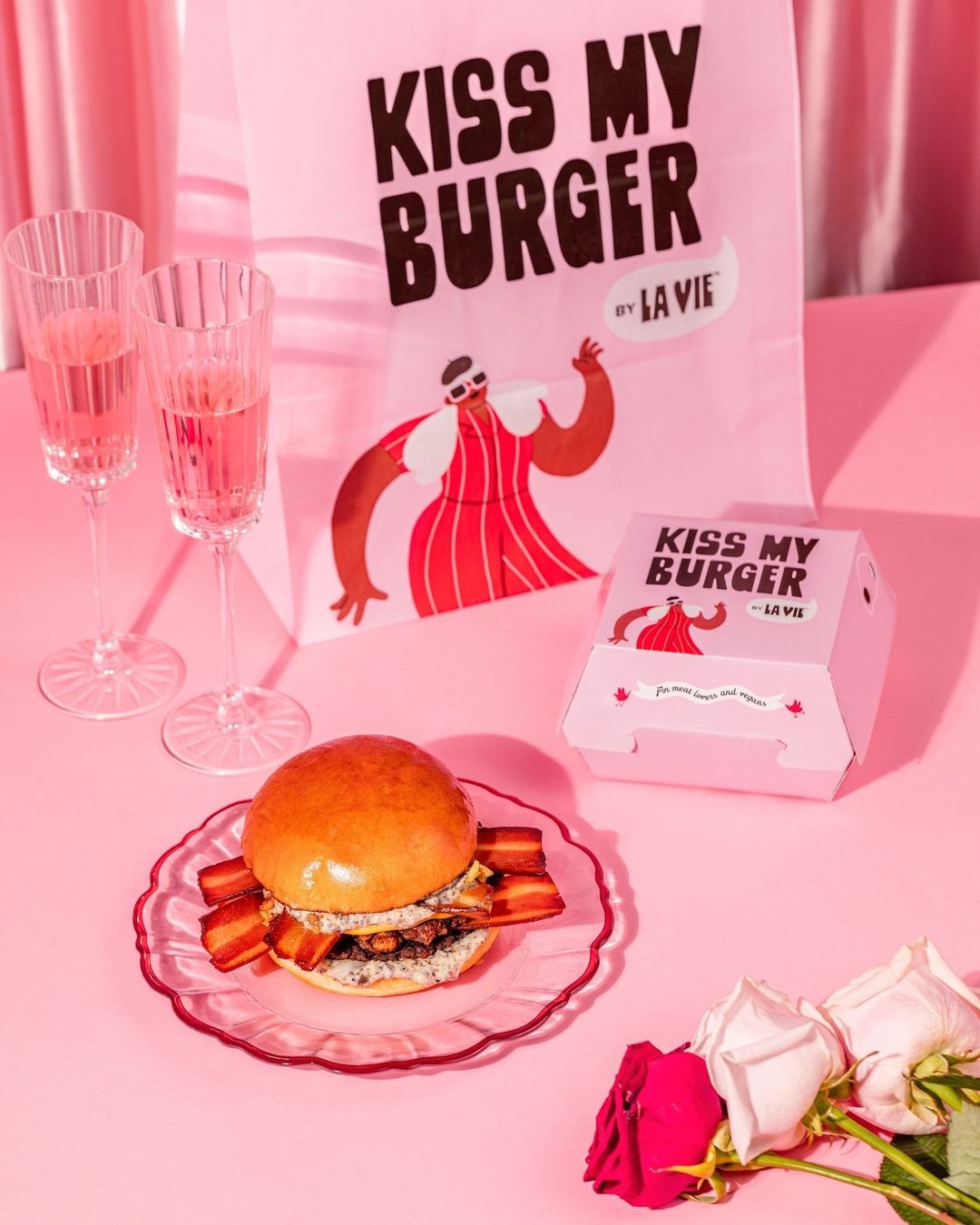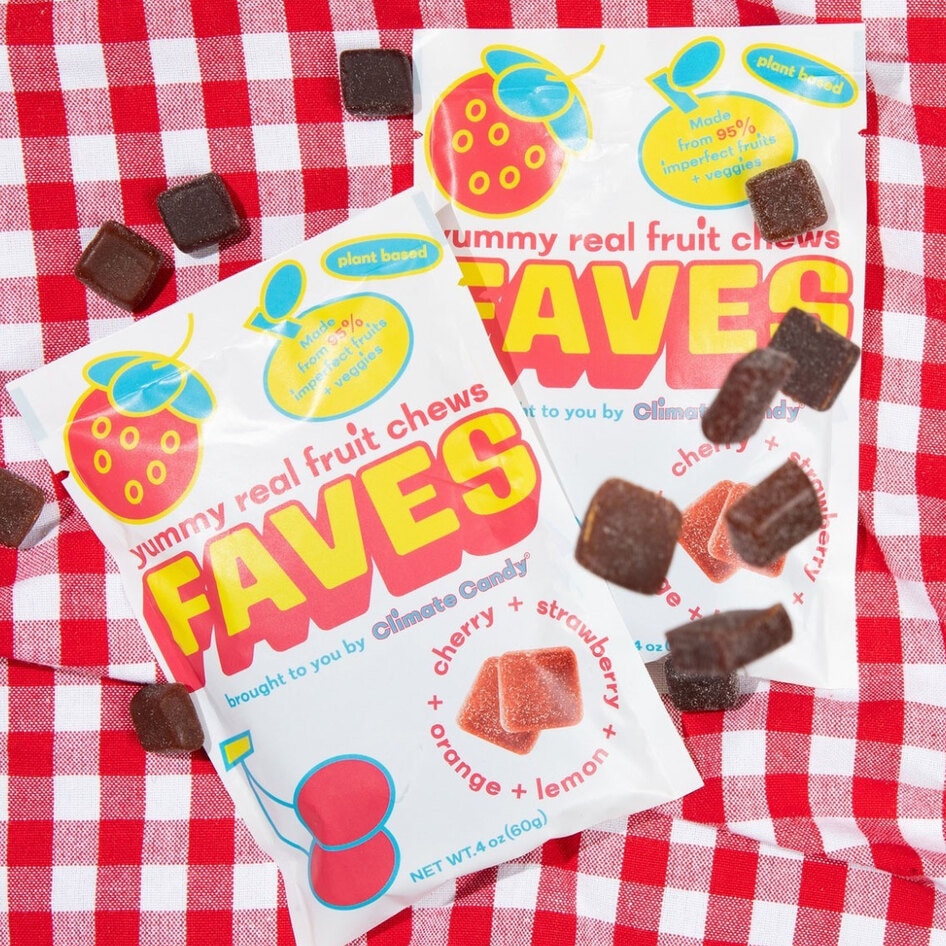“That which we call a rose by any other name would still smell as sweet,” wrote William Shakespeare in Romeo and Juliet. “A vegan steak by any other name would still be as juicy, delicious, and packed with protein” wasn’t written by the great playwright, but the sentiment is the same. It’s also what French vegan brands are hoping customers will realize when the government’s ban on the use of “meat” terminology on vegan products goes into full force next year.
Following pressure from the meat and dairy industries, the French government has decided to prevent “consumer confusion” by prohibiting plant-based brands from using terms like “escalope,” “butcher,” “sirloin,” and “ham” in their product branding and labeling. From next year, any brands caught breaking the law will be subject to fines and penalties.
It’s not the first time the country has attempted to regulate the plant-based food industry. In 2022, the country’s highest administrative court suspended a similar ban, after declaring the wording of the law to be too vague. In 2023, the ban was raised once again, and, in February 2024, it was decreed. “It is an issue of transparency and loyalty which meets a legitimate expectation of consumers and producers,” the French Agriculture Minister Marc Fesneau said last year.
 La Vie
La Vie
Vegan brands based in France, like popular plant-based bacon brand La Vie, are hoping the ban will be suspended again, but they are busy altering their packaging just in case. “The problem is that the fine is €1,500 per pack sold,” La Vie CEO Nicolas Schweitzer recently told Food Navigator. “So, despite the fact that the ban is likely to be suspended, everyone is trying to change their packs ASAP, just in case.”
The news from France follows a similar sweep of attempted censorship bans across the US—Oklahoma, Kansas, and Missouri all have similar rules in place. Just like the US states, France is a big meat-eating region (its national dish is literally meat stew) so it’s no surprise the country is the first in Europe to push through a ban of this nature.
But are these rules on branding really necessary? And just how worried do we need to be about the ban in France if it does remain? Below, you can find what three leading food industry experts have to say on the matter. Spoiler alert, but don’t worry, despite the meat lobby’s best efforts, it looks like the plant-based industry is set to prevail.
How will the French ban on “meat” terms affect the food industry? 3 experts weigh in
We spoke with cookie entrepreneur Doug Taylor, who is currently at the helm of the multi-million dollar vegan-friendly brand Taylor Chip; award-winning marketing executive Florian Radke, co-founder of vegan food company Sunday Supper, who has worked with popular vegan brands including Miyoko’s Creamery and Wild Earth; and Chef Pete Ghione, the executive chef and director of Food and Beverage at wellness retreat Canyon Ranch to find out their thoughts on the new French labeling ban.
VegNews: The biggest reason used by the meat industry to push this ban through is that customers find “meat” terminology on vegan products confusing. Do you think this ban will actually help consumers make more informed dietary choices, or is it fixing a problem that doesn’t really exist?
Pete Ghione: I truly respect that the definitions of ham and steak were originally intended to refer to products from an animal source. However, looking at the word “steak,” it really means a thick crosscut to most consumers. Plant-based brands are using those names as a reference to what that item is most similar to. Using these words for plant-based products, in my opinion, absolutely does help consumers to make a more informed decision because they now know how to relate to the item.
Doug Taylor: I think vegan “meat” isn’t expected to taste the same as meat, but the goal is there and clear to the consumer. There have been times in my life where I have been strictly vegan for health, maybe for a month or two at a time. And, as someone who is not familiar with anything in that category, having the relevant terms helped me to make decisions at the grocery store.
“Using [‘meat’] words for plant-based products, in my opinion, helps consumers to make a more informed decision. They now know how to relate to the item.” —Chef Pete Ghione
VN: Studies have come to the same conclusion. In 2020, research published in the Journal of Animal and Environmental Law found that terms like “vegan beef” and “vegan butter” aren’t confusing to consumers. In fact, it noted that avoiding them was more confusing. And yet, these bans still persist. What do you think the impact could be in France in terms of the growth of the plant-based food industry?
PG: I don’t think this change will have any negative impact on sales, nor will it prevent meat eaters from exploring plant-based alternatives. A new word will be created to give these delicious ingredients their own identity and the plant-based market with continue to grow and thrive and continue to take market share away from their animal-based competitors.
DT: I don’t know if it will have a huge impact — if you are truly vegan, you’re going to read the label pretty thoroughly. But I think one of the biggest issues will be how you relay the messaging. In reality, vegan products are beginning to taste really, really close to the original thing and so you want those original terms to signal what you’re going after. It sounds like a copywriter’s nightmare. I also think it could keep curious people away because you don’t get to use those terms to spark curiosity.
Florian Radke: From my 20-plus-year career as a marketing executive, I understand the impact and the power of labels—specific product call-outs on packets can move the needle when it comes to purchasing decisions. However, the consumer mindset has dramatically changed. Consumers are questioning labels more and more, and they are doing their own research. I don’t think this ban will have the impact the meat and dairy industry would like it to have.
“[Plant-based brands] have to become more creative, it could be really fun for the category.” —Doug Taylor, cookie entrepreneur
VN: There are more vegan brands than ever in Europe, and more consumers than ever are looking to buy their products. Last year, research suggested that more than half of Europe’s meat-eaters have started to cut down their meat intake. How can vegan brands start thinking differently about grabbing these shoppers as they browse the shelves?
FR: Plant-based food brands need to focus on creating better options, and the market will follow. Most consumers understand (conventional) meat and dairy products are not health foods and they’re looking for better alternatives. As an industry, we need to generate food that has better ingredients and performance—without focusing too much on the label.
DT: [Brands] have to study the law and understand exactly how it was written. They can probably create labeling that says almost the exact same thing without actually saying it. Like “I Can’t Believe It’s Not Butter.” It may be as simple as saying something like “Surprisingly, this isn’t steak.” They have to become more creative, it could be really fun for the category.
 Unsplash
Unsplash
VN: Could we still see France emerge as a leader in the plant-based food industry? The last few years have seen a whole new wave of innovative brands emerge from the country, and the Good Food Institute Europe has even named France as a key plant-based market in Europe.
PG: France has been an expert in cuisine for decades, actually, for centuries. Its legacy will continue to trailblaze with this opportunity to create a new name, and it will continue to lift the success of plant-based creators.
For the latest vegan news, read:
JUMP TO ... Latest News | Recipes | Guides | Health | Shop







.png?sha=f4257b35e19eb0d8)

